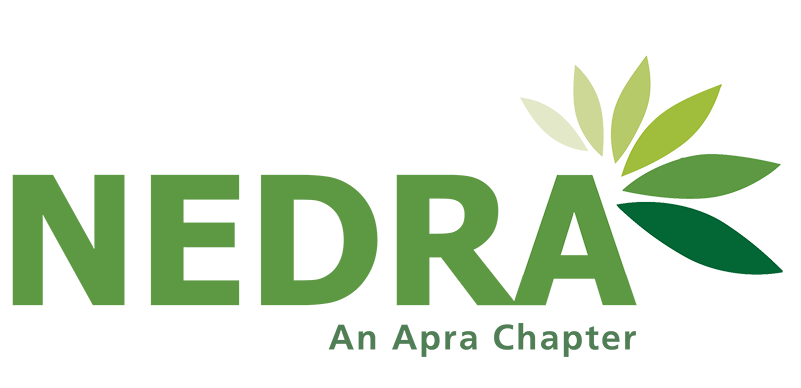NEDRA NEWS
The NEDRA News blog features topical industry-specific articles submitted by our membership; book, publication, film, and resource reviews; op-ed pieces about emerging fundraising topics and issues; and information and news specifically related to NEDRA as an organization. We hope these selections will be of interest to you - and we encourage you to share your thoughts and comments here! NEDRA News was previously a quarterly journal of prospect research published by the New England Development Research Association from the organization's inception in 1987 until the end of 2011. Since 2012, we have continued to offer to you, our members, the same NEDRA News content you have come to rely on - but in a blog format tailored to meet the changing needs of our members, and featuring new content on a monthly (rather than quarterly) basis. |
